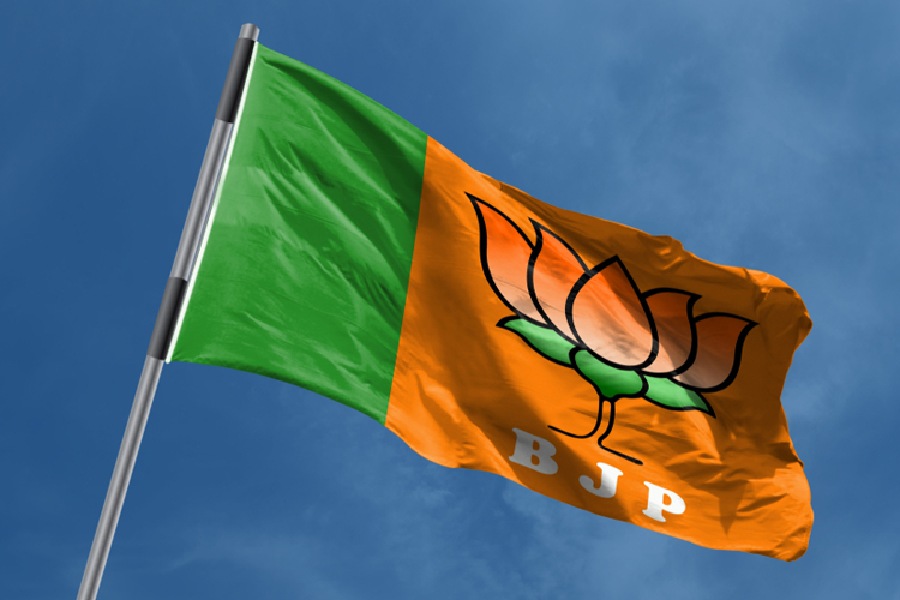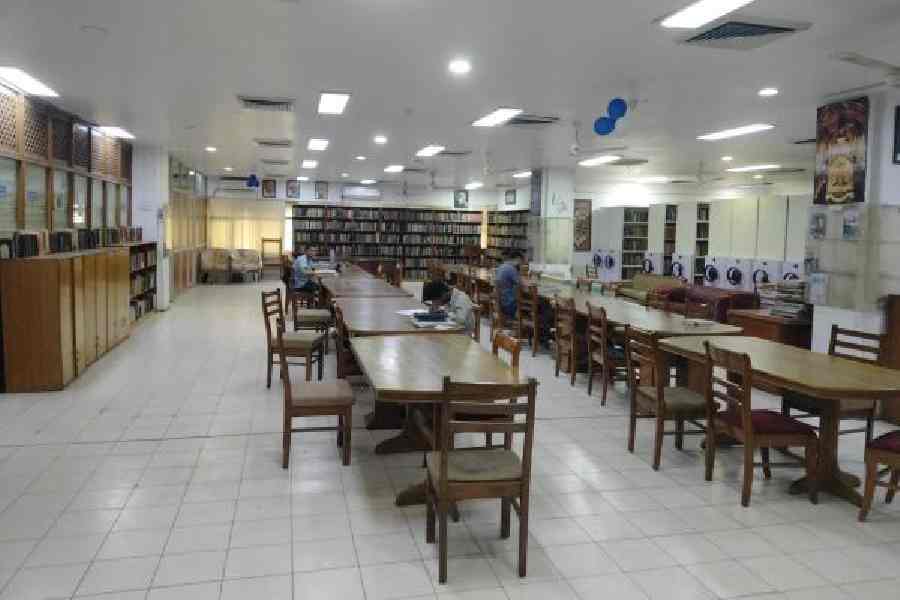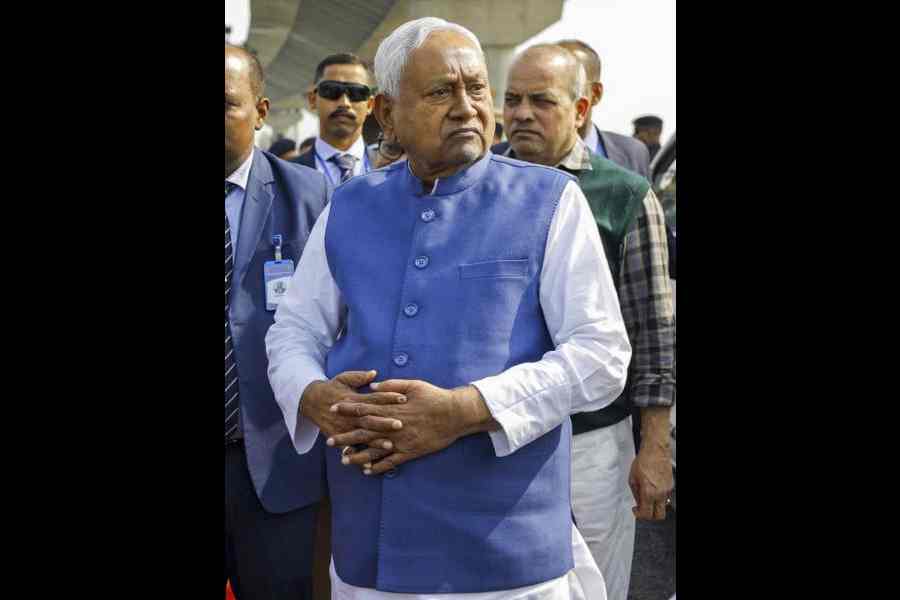India is likely to attract a lower US tariff than most of the neighbouring and Asean nations, if negotiations between the two countries for an interim trade deal move forward in the right direction.
The Trump administration may impose a tariff of less than 20 per cent to India, Bloomberg reported, putting it favourably against Bangladesh, Sri Lanka and a host of other competing economies such as Thailand, Cambodia, Indonesia and Malaysia.
India’s top trade negotiator Rajesh Agarwal, who is slated to be the next commerce secretary, is likely to be in Washington next week to take the dialogue for the mini trade deal with the US forward.
The so-called ‘reciprocal’ tariff of 26 per cent on India, proposed by US President Donald Trump on April 4, along with a host of other nations, has been kept in abeyance till August 1.
India doesn’t expect to receive a tariff demand letter — unlike many other nations this week — and anticipates the trade arrangement will be announced through a statement, Bloomberg noted. The interim deal would allow for continued talks, giving New Delhi space to resolve outstanding issues ahead of a broader agreement expected this fall.
The statement would likely set a baseline tariff below 20 per cent, compared with 26 per cent initially proposed, with language that would allow the two sides to continue negotiating the rate as part of the final pact.
If finalised, India would be on an exclusive list of trading partners, such as the UK and Vietnam, that have secured deals with the Trump administration. Trump has otherwise shocked dozens of trading partners this week by announcing tariff rates as high as 50 per cent – including 30 per cent each on the European Union and Mexico on Saturday — in some cases ahead of an August 1 deadline.
New Delhi is looking to secure a deal on more favourable terms than the one Trump claimed to have reached with Vietnam, which included 20 per cent import duties.
However, Vietnam was caught off guard by that rate, and is still seeking to bring it down.
India was among the first nations to approach the White House for trade talks this year, but signs of strain have emerged in recent weeks. The Modi government is said to have told the Trump administration that it would not open up the agriculture and dairy sector, which are politically sensitive.
Moreover, Trump also threatened additional tariffs over India’s participation in the BRICS summit in Brazil last week, even as he said
earlier this week that an agreement with India is close. India’s commerce minister Piyush Goyal, however,
remarked that there is no deadline when it comes to national priorities, when asked about trade deals.
The two nations are yet to find a landing zone on contentious issues, including non-tariff barriers in agriculture and regulatory processes in the pharmaceutical industry, sources told Bloomberg.
There are also questions on whether the Trump administration would remove sectoral tariff on steel and aluminium and products thereof, which impacts India’s engineering exports.











